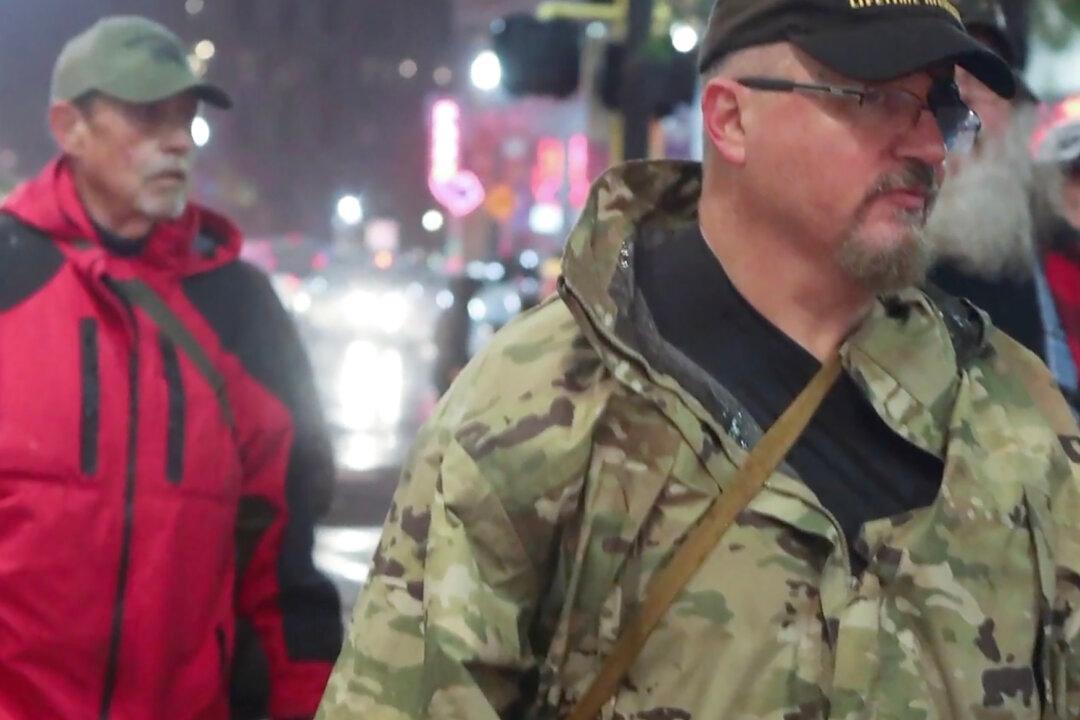An angry U.S. District Judge Amit Mehta on Sept. 7 refused to allow Oath Keepers founder Elmer Stewart Rhodes III to fire his defense attorneys and bring in new counsel three weeks before the start of his Jan. 6 seditious-conspiracy trial.
Mehta said no new attorney coming in this late could be ready for trial in the requested 90 days.





